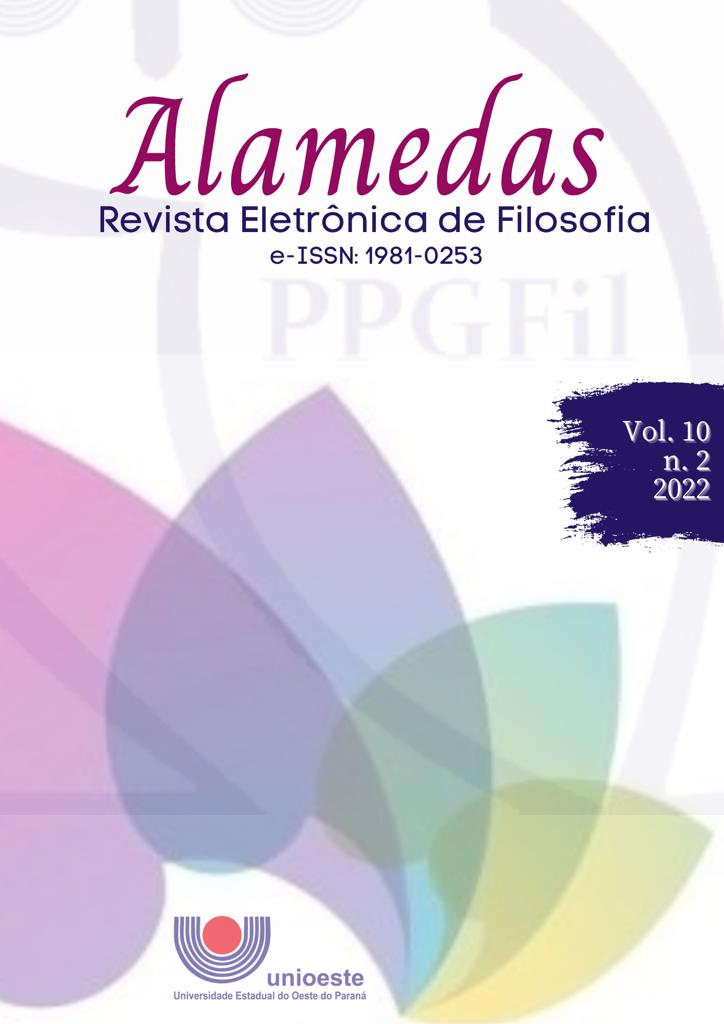Manifestações atuais no Brasil
“pedir” para não poder “pedir mais”
DOI:
https://doi.org/10.48075/ra.v10i2.30329Abstract
After the victory of the Partido dos Trabalhadores (PT) on October 30, 2022, we have been experiencing troubled days for our Democratic State of Law. Demonstrators supporting the current defeated government in the electoral process, who did not accept the results of the ballot box, are in the streets uttering slogans of annulment of the election, while interceding to the Armed Forces for a military intervention. The iolence has been on the rise, including attacks on the powers that be and the burning of the flag. A part of the population, self-proclaimed "patriots" and "good citizens," have been blockading and causing unrest with clear coup intentions. So, the question that inevitably arises is: can the constitutionally recognized right to free speech turn into an undemocratic act? Is our democracy in danger? To answer such question, this article will address the following topics: General notions of state, rule of law and democratic rule of law; Classic conceptualization of Left and Right as well as political actions of ideological character that are part of this dyad; and, finally, considerations about the demonstrations that began after the defeat of Jair Bolsonaro and whether the unfolding of these acts can be considered constitutional.
Downloads
Published
How to Cite
Issue
Section
License
Copyright (c) 2023 Alamedas

This work is licensed under a Creative Commons Attribution-NonCommercial-ShareAlike 4.0 International License.
Aviso de Direito Autoral Creative Commons
Política para Periódicos de Acesso Livre
Autores que publicam nesta revista concordam com os seguintes termos:
1. Autores mantém os direitos autorais e concedem à revista o direito de primeira publicação, com o trabalho simultaneamente licenciado sob a Licença Creative Commons Attribution que permite o compartilhamento do trabalho com reconhecimento da autoria e publicação inicial nesta revista.2. Autores têm autorização para assumir contratos adicionais separadamente, para distribuição não-exclusiva da versão do trabalho publicada nesta revista (ex.: publicar em repositório institucional ou como capítulo de livro), com reconhecimento de autoria e publicação inicial nesta revista.
3. Autores têm permissão e são estimulados a publicar e distribuir seu trabalho online (ex.: em repositórios institucionais ou na sua página pessoal) a qualquer ponto antes ou durante o processo editorial, já que isso pode gerar alterações produtivas, bem como aumentar o impacto e a citação do trabalho publicado (Veja O Efeito do Acesso Livre).
Licença Creative Commons
Esta obra está licenciada com uma Licença Creative Commons Atribuição-NãoComercial-CompartilhaIgual 4.0 Internacional, o que permite compartilhar, copiar, distribuir, exibir, reproduzir, a totalidade ou partes desde que não tenha objetivo comercial e sejam citados os autores e a fonte.


